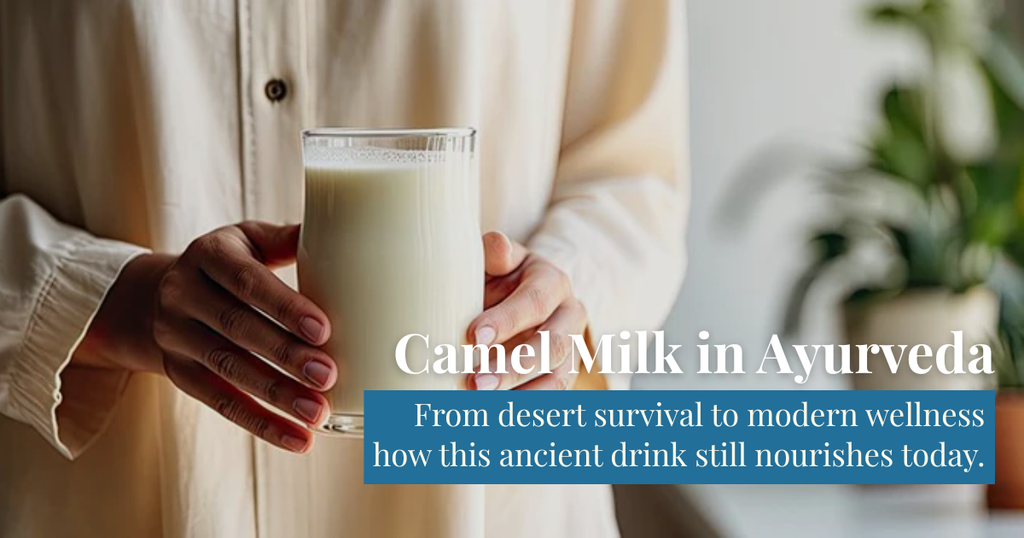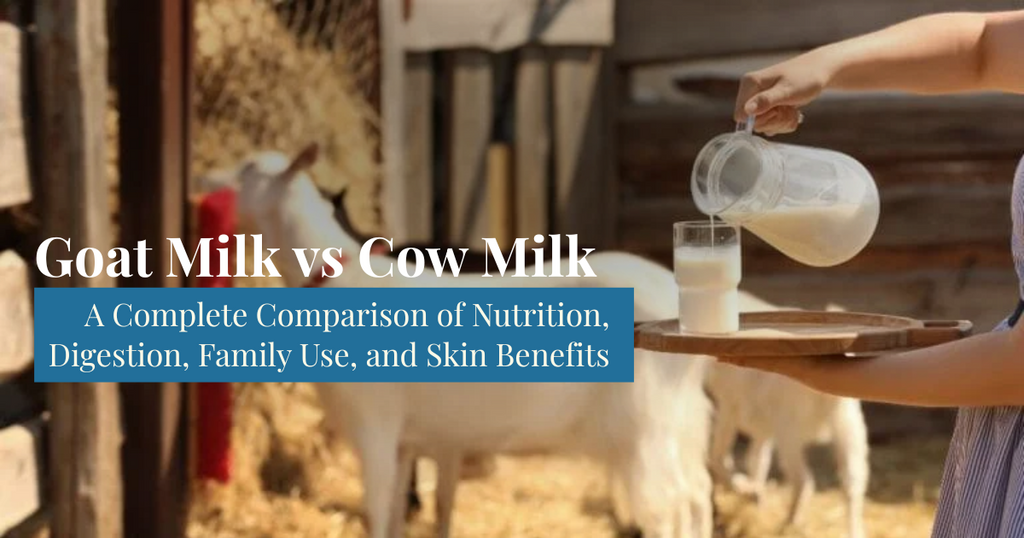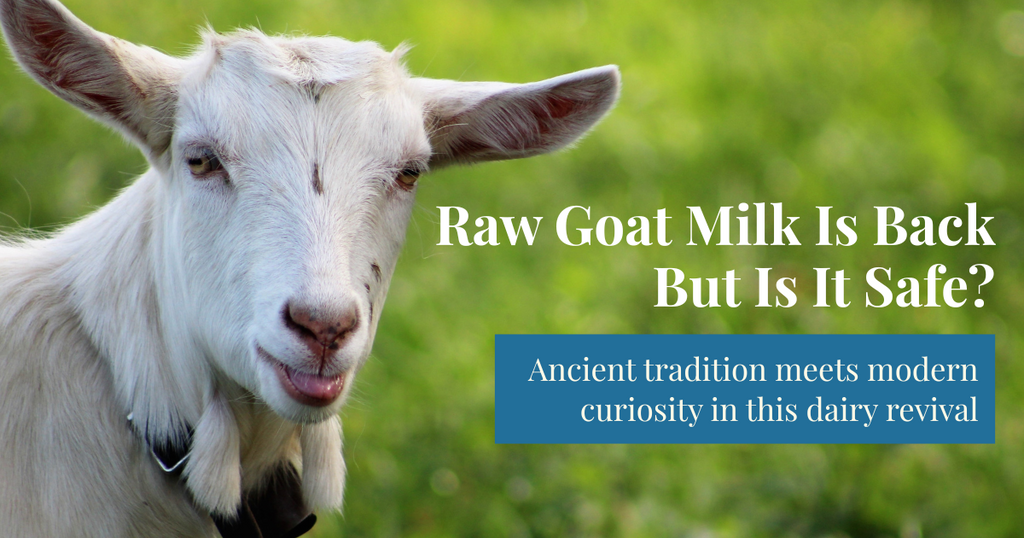What is Selenium and why is it important?
Among the 16 minerals the body requires, selenium is an essential micromineral that plays a vital role in human health. It is a slay antioxidant that is required in trace amounts by the body but is a must. It protects cells from damage, supports thyroid metabolism, brain and heart function, aids in fertility, and helps to improve the immune system. However, our bodies cannot produce selenium independently, and must be obtained from external sources like eggs, camel milk, and seafood. Its role in attenuating conditions like Autism Spectrum disorder(ASD) and Attention Deficit Hyperactivity Disorder (ADHD) has been well documented. Consuming foods high in selenium as part of a well-balanced diet can help sustain long-term health, maintain mental clarity, and sustain energy levels. However, its consumption in appropriate amounts is required because over-intake of selenium might be unhealthy. Let’s explore more about this mineral and optimize our health.
Power of Selenium?
The antioxidative properties of selenium have our backs in reducing oxidative stress and helping in improving immunity, supporting brain, thyroid and heart health, maintaining healthy skin and helping in hormonal balance in our bodies.

- Helps in Immunity boosting: The free radicals are balanced by selenium, thus it helps boost the immune system by decreasing the risk of infection and improving the function of white blood cells.
- Helps in the Reduction of inflammation: Selenium helps to reduce inflammation and helps in inflammatory conditions like arthritis and asthma specifically help in autistic individuals, improving long-term health in turn.
- Supports thyroid health: For a healthy life, our thyroid gland must vibe with us. Selenium deficiency has proven to lead to thyroid disorders and deteriorate conditions of ASD and ADHD.
- Protects the brain: Being an antioxidant, it protects the nerve cells, promoting brain health, mental clarity, and cognitive function. It squads in the regulation of neurodegenerative conditions like Autism.
- Support to maintain heart health: Selenium helps in maintaining circulation, and controlling blood pressure, helps to lower the possibility of heart disease.
- Helps protect the skin from oxidative damage: All thanks to its anti oxidising properties, selenium aids in maintaining a youthful look and a natural glow by promoting better skin.
- Supports fertility: It plays an important role in the production and motility of sperm in men and hormonal balance regulation in women. Deficiency of selenium during pregnancy has been related as a risk factor for ADHD in the child.
Where do you get your daily dose of Selenium?
- Seafood is known to have a high content of selenium. These include yellowfin, salmon, sardines, and tuna which support overall health and well-being.
- Eggs are a rich source of selenium, protein, and vitamins, aiding in brain function, and immune health.
- Camel milk is a nourishing source of selenium, thus, helping in brain health, and immunity, and helping in the reduction of oxidative stress. It contains bioactive selenium which is easily absorbable by the body. This is an excellent vegetarian option as well. However, sometimes it may be challenging to get access to camel milk, but no worries camel milk powderis available to the rescue.

- For all vegetarians, Brazil nuts are a top-tier option. It supports brain and heart health, but its excess intake can be a buzzkill.
- Adding Sunflower seeds to the diet can provide selenium, healthy fats, fiber, and protein.
- Spinach is another lowkey superfood rich in selenium, vitamins, and minerals. Add it to the daily diet, and keep your body zesty.
Selenium in the Sweet Spot!
Selenium has multiple benefits but it is a proven fact that it can mess with your health if not used in the right amounts. Balance is the key, so keep it in check. The recommended daily intake of selenium for adults is 40 mcg per day and in pregnant women, it is 60 mcg per day.
Selenium overload can hit if it's over 400 mcg per day and cue hair loss (we can all relate to the recent hair loss case of Buldhana), brittle nails, diarrhea, and fatigue. In extreme cases, neurological disorders or kidney damage may occur. So let us stick to natural sources and consult with the doctor before popping those pills.
Final Thoughts
Frequently Asked Questions
What is the importance of selenium?
Which foods are high in selenium?
Foods rich in selenium are seafood, eggs, camel milk, sunflower seeds, brazil nuts, and spinach.
Is it safe to take selenium every day?
What is selenium used for in the brain?
Selenium is an antioxidant so it helps to reduce oxidative stress in the nerve cells, thus, supporting cognitive function, and reducing the chances of neurodegenerative diseases.












